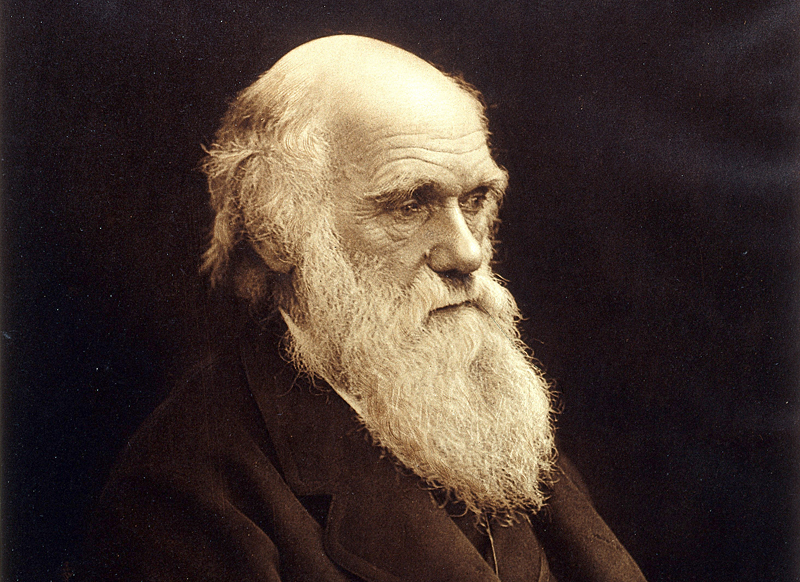
Charles Darwin introduced the concept of natural selection to describe the mechanism of evolution and the ways in which life on earth reflects a continuum of time and change. His theory challenged generations of belief in an absolute, immutable order of existence, and in his own way, Darwin beckoned forth our modern age of inquiry and explanation. Today, confidence in science approaches that of religious faith.
Since its publication in 1859, Darwin’s “On the Origin of Species” has generated controversy, highlighting the split between science and religion, doctrine and evidence, observation and scripture. This drama remains a public spectacle, creation theory and evolution theory continuing as hot-button issues in school curriculum, textbooks, and public policy. Breakthroughs in genetics, understanding of DNA and decoding of the human genome have done little to settle matters; the idea that we are descended from apes still rankles.
Darwin did not coin the phrase “survival of the fittest,” which was proffered by others. He instead carefully chose “natural selection,” perhaps appreciating its lack of harsh implications, a wise decision on his part. As author Adam Gopnick notes in his book “Angels and Ages,” Darwin was a masterful writer, understood his audience, and constructed argument in ways that carry his readers forward towards conclusions that feel both comfortable and fitting. As Gopnick puts it, Darwin mastered the use of “small words for big ideas.”
That said, one can see why others gravitated to “survival of the fittest.” The British, at one time global masters of an international colonial empire, found ample satisfaction in applying this concept to their own success in dominating the world. Such language propels the idea of power-based social “domination” towards the legitimacy of “evolution,” effectively removing stains of guilt or conscience in favor of the inevitable success of genetically superior people.
America found comfort in similar strains with the notion of “manifest destiny,” which provided nearly biblical justification for the violent extermination of native Americans and the relentless expansion of western culture across the North American continent. Racial bigots have always found solace in a simplistic reading of Darwin.
At the heart of Darwin’s theory is time, the geologic span of ages and the species diversity that can only arise within such scales of time. Over the countless eons, creatures large and small come and go, each successive generation embodying small variations, some of which are beneficial for a while, and some of which are not. In this great genetic fanfare of experiment, human beings also evolved, and to the best of our knowledge are the only creatures in history to create history.
Everything about evolution seems about to change, however. The scientific manipulation and modification of human DNA is upon us, and things are happening rapidly. Human beings have long mastered the domestication of plants and animals by breeding successive generations for desired characteristics; today, such breeding techniques are too slow. Having cracked the code, we are building life itself.
Artificial DNA, and the creatures that contain it, will usher in a new era of evolution driven not by time, accident or mutation but by profit projections and marketing analysis. Surely, some diseases will disappear, but unknown others might arise; given the complexity of life on this planet, the effects of our meddling are impossible to predict.
We are playing God, but lacking omniscience and humility, unnatural selection may well result in our extinction.